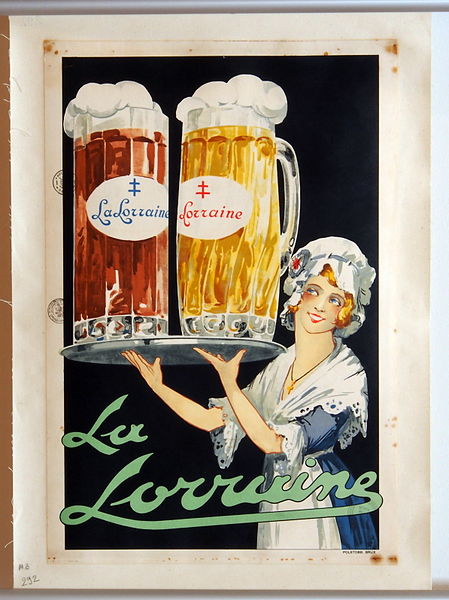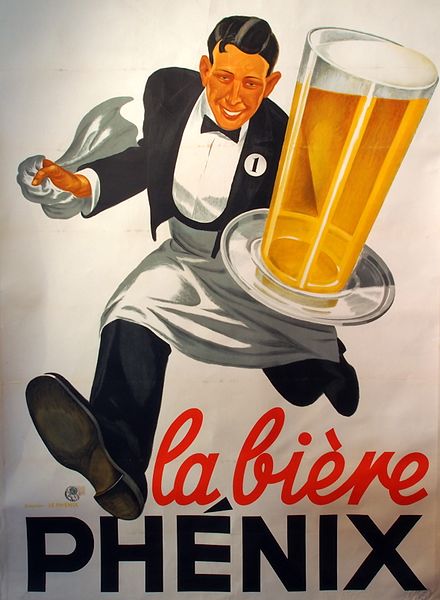The Facebook pages of the Faculty of Social Administration, Thammasat University and the Faculty of Political Science, Thammasat University have announced a virtual ThaiBev Career Journey in ASEAN & ThaiBev ASEAN Internship Program event on Sunday, January 17, 2021 presented by the ThaiBev Group.
Thai Beverage, better known as ThaiBev, is Thailand’s largest, and one of Southeast Asia’s largest, beverage companies, with distilleries in Thailand, the United Kingdom (UK), and China.
ThaiBev is inviting all undergraduates and graduate students who are interested to be part of their team to participate online in the ThaiBev Career Journey in ASEAN & ThaiBev ASEAN Internship Program for Thai and foreign students events, starting at 1:30pm.
For more information about the virtual event, please contact 02-078-5854 or natthanan.p@thaibev.com
The event offers students an opportunity to apply for the ThaiBev Internship Program for ASEAN Students for undergraduates and postgraduates. Two month internships will run between June 1 and July 31, 2021 during which students will receive daily expenses and accident insurance as well as related benefits.
TU students are encouraged to apply for the internship program until Sunday, February 28, 2021.
The Thammasat University Library collection includes a number of books about the beverage industry in Thailand and internationally.
The TU Library also owns an example of academic research about ThaiBev, A study on method for using biogas from water treatment to substitute electrical energy of alcoholic beverage factory : case study Group of ThaiBeverage Company Limited.
Copies of this study are shelved in the General Stacks of the Boonchoo Treethong Library, Lampang campus and the General Stacks of the Thammasat University Library, Pattaya campus.
Students on other campuses may access the book through the TU Library book delivery service.
ThaiBev was founded in 2003 with the consolidation of 58 beer and spirits businesses, among them Chang beer, second in the beer market after Singha. ThaiBev brands include the green tea beverage Oishi and est cola.
Thai Beverage Public Company Limited owns and distributes several popular brands, including Chang beer, Mekhong, and SangSom rum. It has significant operations in Europe, producing malt Scotch whisky, vodka, gin, and liqueurs at five distilleries in Scotland, the UK.
Chang Beer, which started production in 1995 at a brewery in the Bang Ban District of Ayutthaya Province, is the top-selling brand in Thailand.
As the ThaiBev website states,
Our Vision
ThaiBev Group’s vision is to be a Thailand’s world-class total beverage producer and distributor embodying commercial excellence, continuous product development and premiumisation, as well as professionalism. Our mission is to build strong mutually beneficial relationships with all our stakeholders in every aspect, guided by the following six principles:
- Offer top quality products to all customer segments;
- Respond professionally to distributors’ demand;
- Grow revenue and profits in a sustainable manner to create value for shareholders and provide favourable returns on investments;
- Be a role model of the highest standards of professionalism, corporate governance, and transparency;
- Build a sense of ownership among employees by trusting, empowering, and rewarding them; and
- Contribute to society.
The company’s Vision 2020 is as follows:
Vision 2020 is ThaiBev’s strategic roadmap for the next six years. It underpins our endeavours to further the success that we have progressively achieved over the years, and sets ThaiBev up for an accelerated growth story. Driven by the five strategic imperatives outlined below, we seek to provide customers with even better products, create greater value and deliver more sustainable returns to shareholders, and enlarge opportunities for our employees.
Growth
We aim to solidify ThaiBev’s position as the largest and most profitable beverage company in Southeast Asia.
Diversity
To support and sustain ThaiBev’s growth, we plan to diversify our revenue streams, increasing revenue contribution from non-alcoholic beverages and the sale of products outside of Thailand.
Brands
By streamlining ThaiBev’s businesses into three product groups (spirits, beer, and non-alcoholic beverage) and identifying core brands within each, as well as focusing on primary and secondary markets with the greatest growth potential, we look to expand the business via a consumer- and market-driven approach.
Reach
To realise the potential of ThaiBev’s core brands, robust and efficient routes to all markets are required. Accordingly, we seek to build on our market leading business processes and supply chains to strengthen existing distribution networks, establish new ones, and also enter into partnerships with third-party distributors when appropriate.
Professionalism
We strive to ensure that we have a diverse and high performance workforce, and that the teams behind all three product groups work together seamlessly, leveraging cross-product group synergies where applicable, further strengthening our long term potentials.
In November, Business Times, a Singapore-based publication, reported:
THAI Beverage Public Co (ThaiBev) said in a post-earnings conference call on Thursday evening that it does not expect a huge jump in sales in the months ahead as the pandemic’s impact lingers. Still, analysts remain upbeat about the company’s road to recovery…
ThaiBev said in the conference call that it anticipates some softness in the Vietnam market for the months ahead before buying starts again during the country’s Lunar New Year, or Tet, celebration. This is because Vietnam “is still pretty much in lockdown”, with the market buoyed only by domestic activities, despite having handled the Covid-19 situation relatively well, said ThaiBev.
Asked about the long-term impact of Vietnam’s toughened stance on drink-driving, ThaiBev expects an initial knee-jerk reaction, but is hopeful that after positive behavioural changes among consumers, there could be changes in the law’s implementation and enforcement.
Meanwhile, the Thailand market continues to suffer from weak consumer purchasing power amid the uncertain economic environment. And with no tourists coming in, the group is attempting to focus on domestic consumption such as enhancing its digital platform and offering delivery services for the food business…
Overall advertising and promotion expenses were also kept “unusually low” for the latest fiscal year ended Sept 30, and the group is hoping to keep it at current levels, though this will depend on what its competitors do.
ThaiBev is also looking to enhance its competitive edge through a wider range of product offerings, which it said will allow it to fend off competitors across various segments.
For instance, ThaiBev unit Saigon-Beer-Alcohol-Beverage Corporation (Sabeco) is dipping its toes into the sub-premium market, which is dominated by competitors Heineken and Tiger, through its new product Bia Saigon Chill.
ThaiBev’s widened product portfolio were among reasons analysts are bullish on the company’s road to recovery…
RHB analyst Juliana Cai said in a report on Friday that ThaiBev’s full-year net profit was “spectacular” given the challenges posed by Covid-19.
She expects strong earnings to continue in FY21, driven by higher demand from on-trade consumption. The on-trade market includes sales at physical premises such as bars and restaurants.
The robust performance from the spirits segment also signals ThaiBev’s extensive distribution network, strong brand equity and diverse product portfolio, which allowed the segment to continue to deliver a resilient earnings base for the group, said Ms Cai.
In October, The Bangkok Post noted:
Thai Beverage, the Singapore-listed Asean food and beverage company, is expanding its food business in the domestic market, vowing to splash about 1 billion baht on its food empire in fiscal 2021, starting from Oct 1.
Nongnuch Buranasetkul, the company’s senior vice-president and chief of food business, said the company is committed to continuing investment this year, albeit in a more cautious manner, by upgrading efficiency and productivity as well as bringing the company’s food brands to a wider base of customers.
The new investment is mostly to open 40-50 new restaurants this year, compared with 29 stores in the previous fiscal year…
(All images courtesy of Wikimedia Commons)




